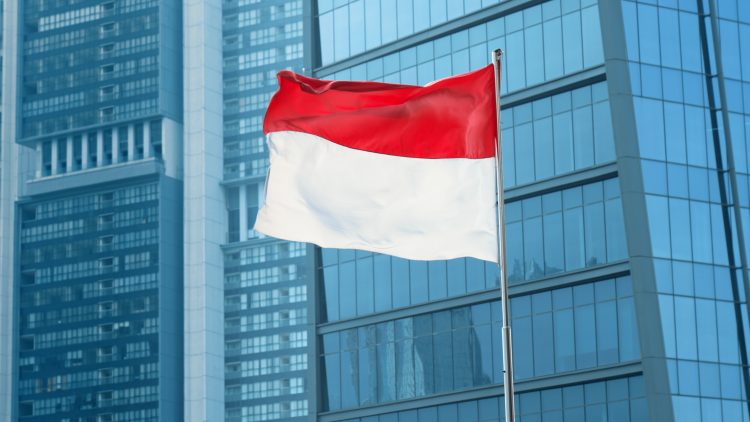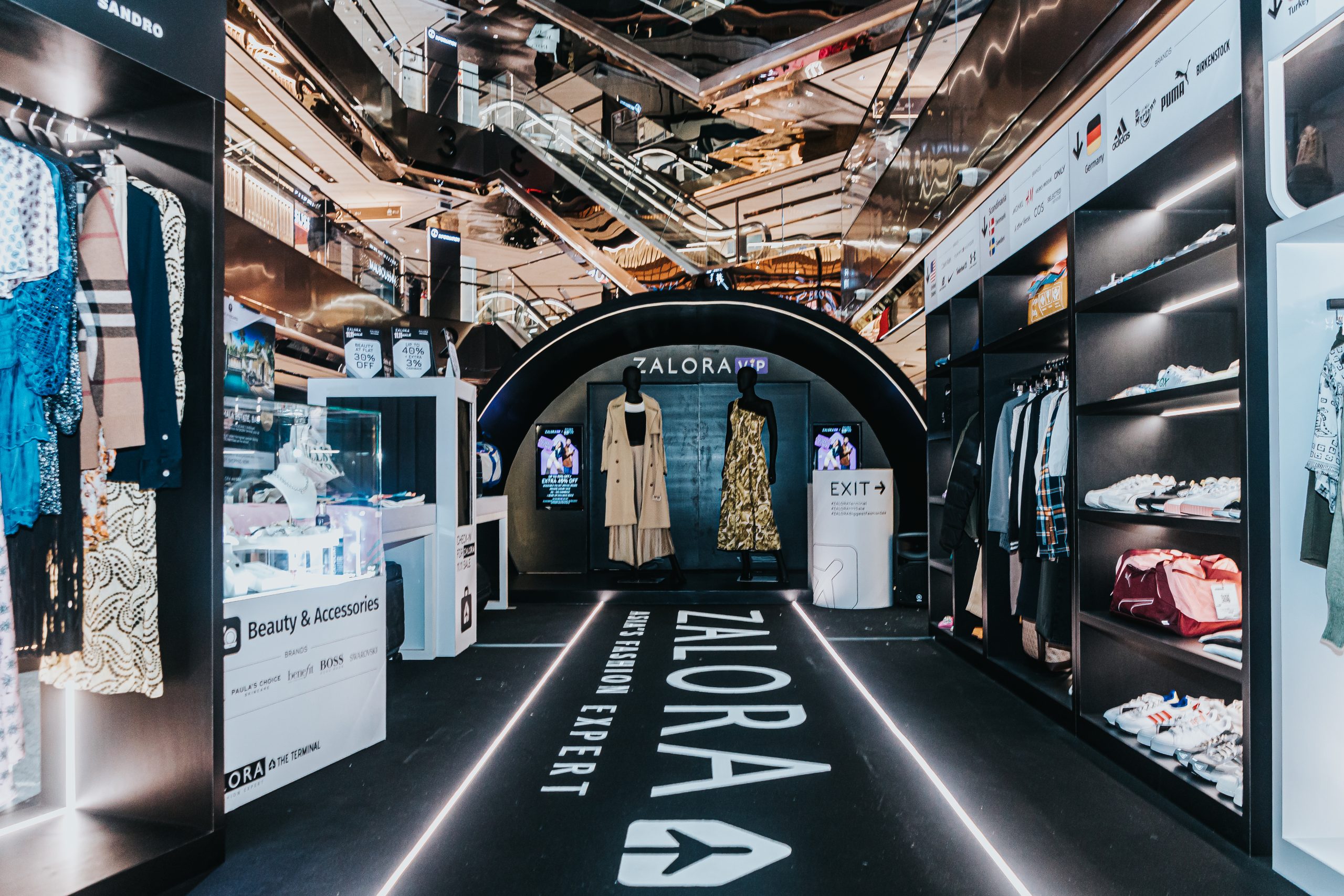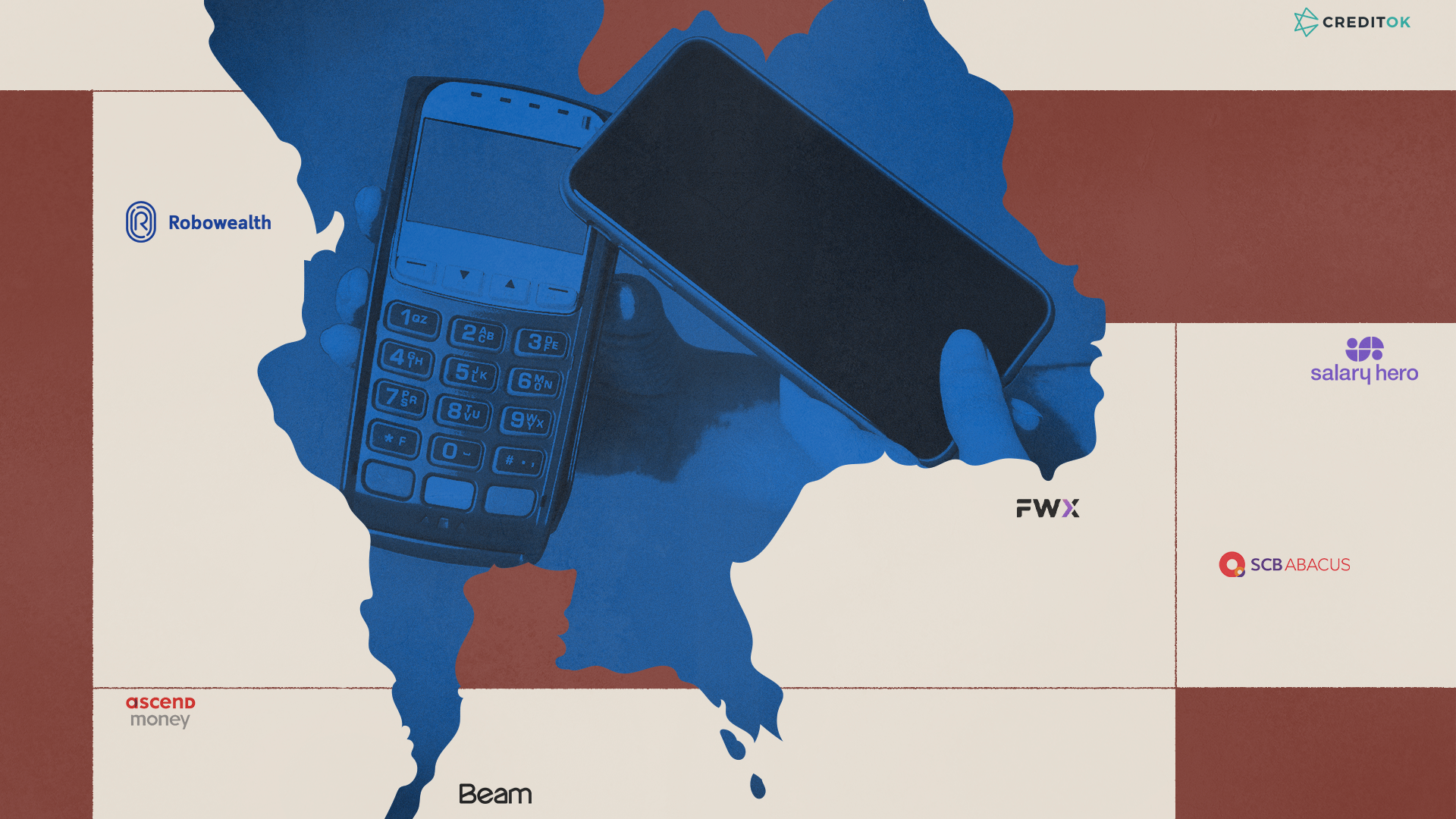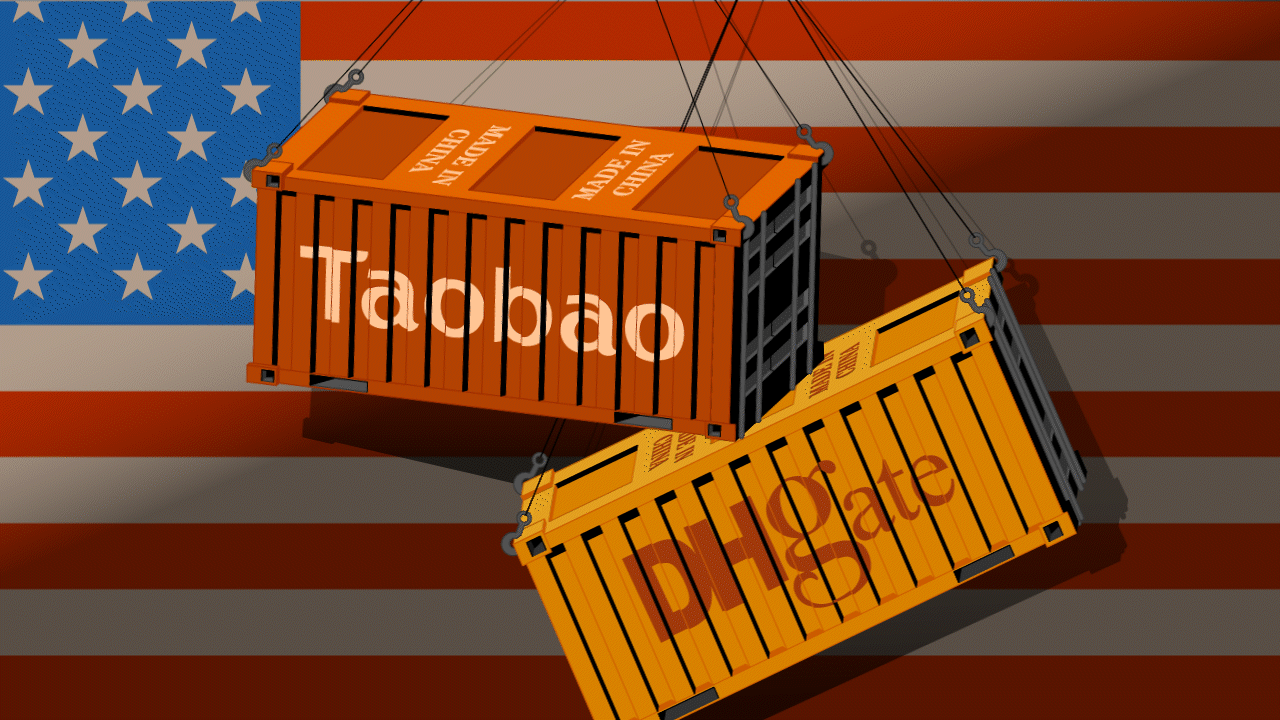🧔♂️ A friendly human may check it before it goes live. More news here
Indonesia to import $19b of US goods to avoid Trump’s tariffs

Indonesia plans to import around 318.9 trillion rupiah (about US$19 billion) worth of American goods to avoid trade tariffs imposed by US President Donald Trump.
The announcement was made by Airlangga Hartarto, Indonesia’s coordinating minister for economic affairs, during a press conference in Jakarta on April 14.
Hartarto said the proposal will be presented during a meeting with US representatives in Washington, scheduled from April 16 to April 23.
The plan aims to address a trade imbalance between the two countries, estimated from US$18 billion to US$19 billion.
Additionally, policy proposals focused on non-tariff measures will be discussed during the negotiations.
Hartarto highlighted that Indonesia’s trade tariffs on US goods, particularly agricultural products like soybeans and cotton, are already low. This makes non-tariff barriers a key area of negotiation.
This move follows the US imposing a 32% tariff on Indonesian goods, prompting President Prabowo Subianto to assign several ministers to engage in diplomatic efforts.
The team, led by Hartarto, includes Finance Minister Sri Mulyani and Foreign Minister Sugiono. They are scheduled to meet with US Secretary of State Marco Rubio and Treasury Secretary Scott Bessent, among others.
🔗 Source: CNN Indonesia
🧠 Food for thought
1️⃣ Indonesia’s economic diplomacy shows a shift from defense to proactive engagement
Indonesia’s approach to the new US tariffs represents a departure from traditional reactive trade diplomacy to a more strategic, proactive engagement.
The $19 billion import commitment addresses the exact trade deficit figure ($18-19 billion) cited by Coordinating Minister Airlangga, showing a highly calculated response designed to directly neutralize the specific metric used to justify the 32% tariff 1.
This pivot from traditional tariff negotiations to offering direct import commitments is particularly significant as Indonesia already maintains minimal tariffs on US goods, with agricultural products like soybeans at zero tariffs and most other US imports facing no more than 5% duties 2.
The Indonesian delegation’s composition, including top economic ministers such as Sri Mulyani and Airlangga Hartarto, signals the strategic importance placed on these negotiations, mirroring high-level diplomatic approaches seen during previous bilateral negotiations with the US 3.
Historical US-Indonesia trade patterns show agricultural products and chemicals have been consistent top US exports to Indonesia, suggesting these sectors will likely receive priority in the proposed import expansion 4.
2️⃣ Danantara emerges as a flexible economic diplomacy instrument
Indonesia’s decision to leverage Danantara (its sovereign wealth fund) for US investments signals a sophisticated evolution in how developing economies are deploying financial instruments for diplomatic purposes.
This approach gives Indonesia significant flexibility that wasn’t previously possible, as explicitly noted by Vice Minister Todotua, who stated: “It’s much more flexible than before Danantara” when describing Indonesia’s ability to make strategic international investments 5.
The sovereign wealth fund approach allows Indonesia to position itself as an investor rather than just a trade partner, potentially changing the power dynamics in bilateral relations and creating leverage beyond traditional trade negotiations 6.
This strategic use of Danantara represents a notable maturation in Indonesia’s economic diplomacy toolbox, moving beyond the trade concessions that characterized previous negotiations under the US-Indonesia Trade and Investment Framework Agreement 7.
3️⃣ Indonesia’s balancing act between US and China grows more complex
The US tariffs and Indonesia’s response highlight the increasingly delicate position Indonesia occupies between competing major powers, with significant economic implications.
Indonesia’s $18.89 billion trade surplus with the US (as of 2022) contrasts sharply with its growing economic integration with China through initiatives like the Belt and Road, creating complex cross-pressures as it navigates relations with both powers 2.
Key export sectors vulnerable to the 32% US tariff include textiles, electronics, and furniture—industries where Indonesia also faces increasing competition from Chinese manufacturers, potentially creating a double squeeze on these crucial employment sectors 8.
The tariff situation has accelerated Indonesia’s need to diversify export markets while simultaneously managing relationships with both the US and China, a challenge shared with other ASEAN nations seeking to maintain strategic autonomy 9.
Indonesia’s approach of offering increased US imports while maintaining ties with China reflects the “dynamic equilibrium” foreign policy strategy it has pursued since the Yudhoyono administration, which aims to benefit from relations with all major powers without becoming overly dependent on any single partner 10.
Recommended reads
 Asia layoff tracker: Zalora, Gupshup shed hundreds of jobs
Asia layoff tracker: Zalora, Gupshup shed hundreds of jobs Big banks, conglomerates rule over Thailand’s fintech map
Big banks, conglomerates rule over Thailand’s fintech map Understand these term sheet clauses before taking VC money
Understand these term sheet clauses before taking VC money AI recruitment startup hits $1m in annualized revenue in 9 months
AI recruitment startup hits $1m in annualized revenue in 9 months After a stormy 2023, Osome steers toward profitability
After a stormy 2023, Osome steers toward profitability Inside the race to detect AI’s most convincing fakes
Inside the race to detect AI’s most convincing fakes Why small shops in the Philippines shun merchant accounts
Why small shops in the Philippines shun merchant accounts EFishery ex-CEO shares how SoftBank, Temasek, Peak XV courted him
EFishery ex-CEO shares how SoftBank, Temasek, Peak XV courted him AI has broken the ARR startup metric
AI has broken the ARR startup metric One Esports sheds staff in profit scramble
One Esports sheds staff in profit scramble














